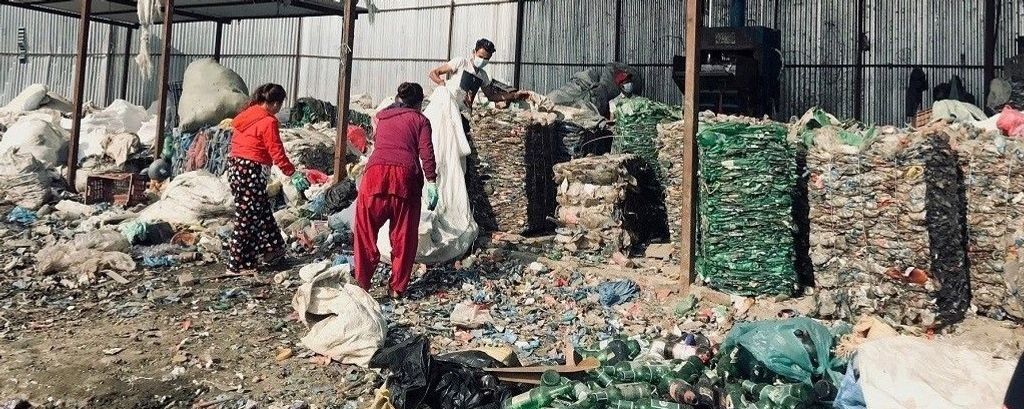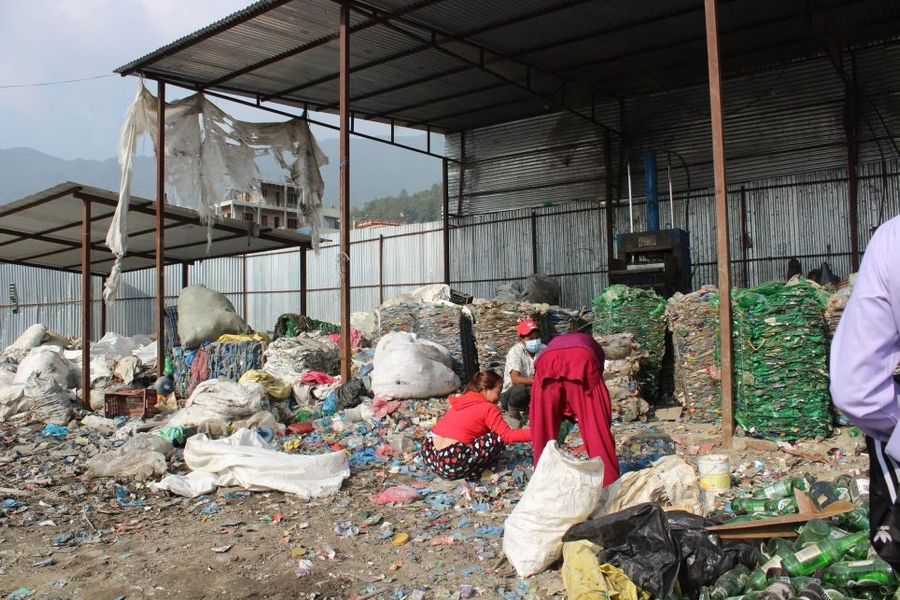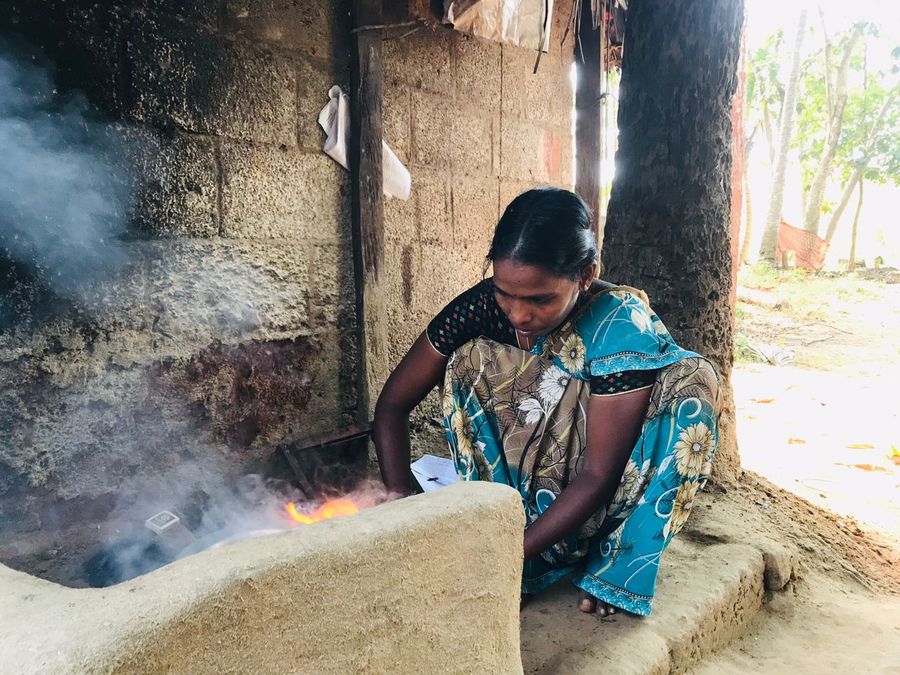
Sustainable plastic management in Asia

Dense palm trees line the shore, the beach lies picturesquely in a small bay on the edge of the town of Kanniyakumari in the state of Tamil Nadu. But the idyll is deceptive: here at the southern tip of India, where the Gulf of Mannar and the Arabian Sea meet, one of Asia's biggest environmental problems cannot be overlooked: Empty packaging, bottles and fishing nets are floating in the sea. Fish stocks - and thus the livelihood of many people in the region - are already acutely endangered.
Stop environmental pollution, reduce poverty
Plastic waste is a serious problem in many Asian countries: As prosperity increases, so does Western-style consumption - and with it the use of plastic as a packaging material. However, systems for disposing of and recycling the waste are mostly still in their early stages, and there is a lack of knowledge among the population about the harmful effects of plastic waste in nature. As a result, waste often ends up on the streets, in rivers, waterbodies, the coastal region and the sea. This is increasingly becoming a problem. According to studies, five Asian countries are currently responsible for more than 60 percent of the plastic waste floating in the world's oceans.
In our project countries India, Indonesia, the Philippines and Nepal, we have launched a new project together with long-standing local partner organizations that addresses the plastic problem and creates local structures for waste disposal and recycling. At the same time, we are thus offering low-income women in particular new opportunities to generate income in waste management and build a self-determined future for themselves.
An income for Sutha's family

In groups of up to 15 people, the participants develop feasible waste recycling concepts for their community and support each other in their implementation. In the process, the women are involved in the entire plastic recycling value chain. They educate their communities about the benefits of "Reduce, Reuse, Recycle," manage local waste collection sites, and maintain recycling workshops. We support the "Womenpreneurs4plastic" groups with trainings to improve their technical skills and general knowledge about product selection, quality, marketing, entrepreneurship. In this way, the women generate sustainable income, learn entrepreneurship and protect the environment at the same time.
Sutha is one of 15 participants in one of the first project groups in India. In the state of Tamil Nadu, we support groups in around 20 villages near the coast in the Kanniyakumari district. Since the death of her husband, the 38-year-old has been solely responsible for the upkeep of her family. She has a 13-year-old son and an 11-year-old daughter. "I have no support - neither from my late husband's family nor from my own," she says. She is confident that she will finally be able to earn more money and better provide for her children through her membership in the women's entrepreneurship group.
(January 2022)








